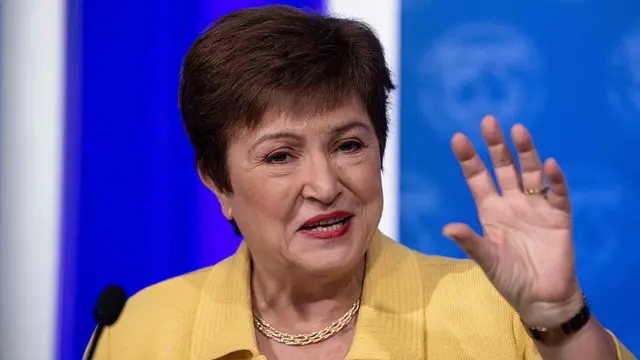Japan's industrial production dropped a seasonally adjusted 1.5 percent in August from a month earlier, the Ministry of Economy, Trade and Industry (METI) said in a preliminary report Tuesday.
According to the ministry, the index of output at factories and mines stood at 95.5 against the base of 100 set in 2010, while the index of industrial shipments retreated 1.9 percent to 94.1 in the recording period, but inventories gained 1.0 percent at 112.7, compared to the previous month's reading, the government's data showed.
Today's figures surprised median market economists who had been expecting the nation's output here to gain by 0.2 percent from the previous month. The reading also showed a 2.9 percent retraction from the same month a year earlier.
Economists said the figures continue to reveal the nation's economy is struggling to recover from the April 1 tax hike, which sparked a huge economic contraction here, the sharpest in five years as exports slumped impacting factory production and investments.
In addition, the persistent weakness of the yen has also affected some factories' ability to finance parts and components and other supplies from overseas, which not only lowers output here, but also sees export levels narrow, local economists also noted.
Prime Minister Shinzo Abe is mulling a second tax hike next year from 8 to 10 percent, that some economists fear could cripple the economy if the timing is wrong or key economic indicators, which are so far suggesting to hold off, are misinterpreted, sending the economy here spiraling back into recession.
"The pace of the economic recovery will probably be dull in the third quarter. That's making it difficult for Abe to push through the planned sales-tax hike. Fiscal stimulus will be unavoidable if the government goes ahead with the sales-tax hike next year," said Toru Suehiro, a market economist at Mizuho Securities Co.
But central bank chief Hiroki Kuroda in a recent news conference said the nation was moving in the right direction and the economy was, overall, recovering at a moderate pace.
"I assure you that, through the BOJ's monetary policy management, prolonged deflation will be overcome and an economy based on a moderate inflation rate of 2 percent will be achieved," Kuroda said.
The central bank chief added that the economy was continuing to recover at a moderate pace and seemed unperturbed by the revised annualized 7.1 percent economic contraction logged in the April- June period from the previous quarter.
"Japan's economy has continued to grow at a pace above its potential," Kuroda said, highlighting the front-loaded figures from the January-March quarter when consumers and businesses brought forward their spending and investment plans, ahead of the April 1 tax hike from 5 to 8 percent.
Kuroda said households and organizations were now, in fact, operating steadily in a "virtuous cycle from income to spending."
He added that although the tax increase has taken its toll on both private consumption and industrial production, these negative effects "have gradually begun to wane on the whole." Tuesday's figures appear to suggest this is, indeed, not the case.
 简体中文
简体中文

